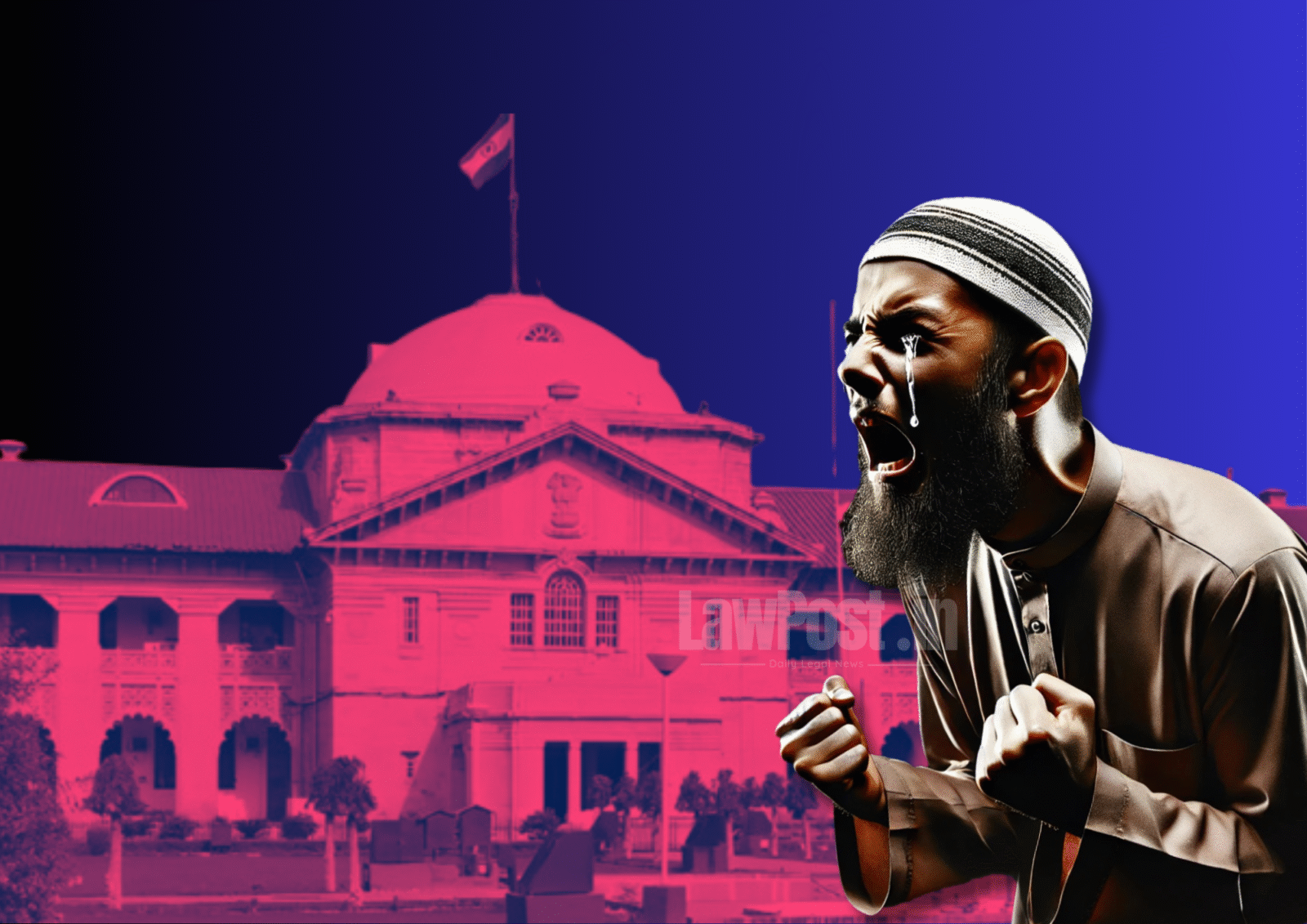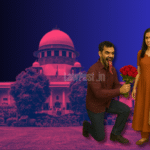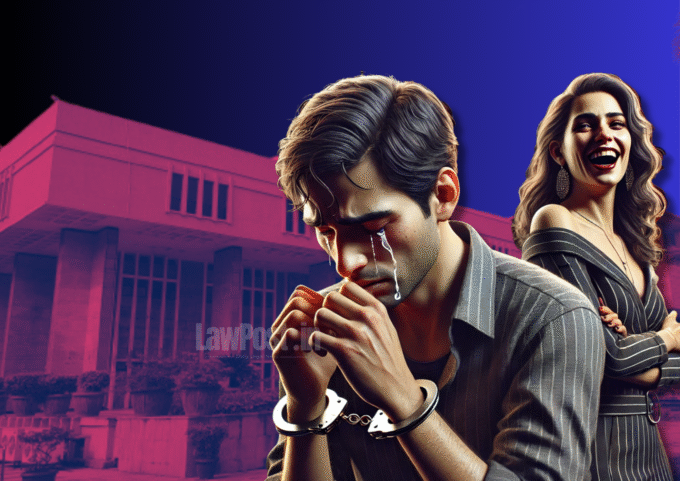In a significant ruling, the Allahabad High Court has denied short-term bail to a convict seeking release to perform the Hajj pilgrimage, holding that the right to undertake a religious journey is not absolute and can be curtailed when a person is lawfully imprisoned.
Justice Alok Mathur, while hearing the interlocutory application filed by Jahid — convicted under Sections 304/34 and 323 of the Indian Penal Code — observed that “The right to do Pilgrimage tour to Haj is not an absolute right, it can be curtailed.”
Jahid had sought bail from April 30 to June 18, 2025, citing that he had applied for Hajj in October 2024 along with his wife and had been selected for the pilgrimage scheduled between May 4 and June 16. He invoked his fundamental rights to religion and personal liberty under Article 21 of the Constitution.
However, the court dismissed his application, stating:
“Once a person has been found guilty and sentenced in accordance with law, it is mandatory to carry out the entire sentence and can be released only after the expiry of the sentence or in terms of various Government Orders and Rules pertaining to early release on the basis of his good conduct and other factors.”
The court emphasized that incarceration following a conviction amounts to a lawful curtailment of liberty, and exceptions like parole or interim bail are reserved for situations involving death, critical illness, or similarly emergent circumstances. It added that religious pilgrimage does not fall into that category.
Citing the landmark Supreme Court judgment in Maneka Gandhi v. Union of India, the bench reiterated that while the right to travel is a component of Article 21, it “cannot be invoked to defeat a sentence lawfully imposed under due process.”
The court also referred to the Delhi High Court ruling in Charles Sobhraj v. State, which underlines the importance of considering public interest, risk of absconding, and the gravity of the offence while deciding on interim relief.
Justice Mathur concluded:
“Such religious veneration can be duly exercised by him after serving his time in prison since there is no religious mandate to be complied with.”
Case: Jahid vs State of Uttar Pradesh – Available on LAWFYI.IO








